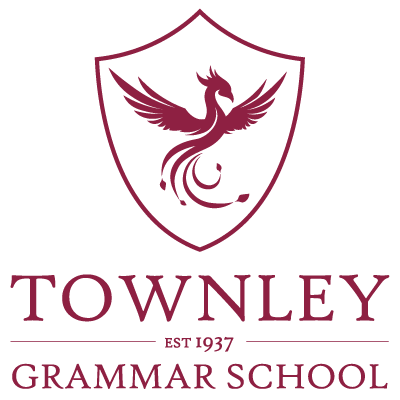Economics
From ‘what are the main challenges facing this country?’ to ‘how much work should I do?’ and ‘are bankers greedy or just responding to incentives to who set the rules in the first place?’ Economics provides the answers and usually, there is more than one answer to the question.
Economics is about how people make decisions as they try to live a ‘better life’. It investigates choices when we have a limited set of options and how we trade them off against each other. Whether we succeed is another question - but that’s part of the attraction of the subject – dealing with uncertainty.
Students typically enjoy this field as it is a change from previous disciplines they have studied as well as being a subject about current events.
Through the study of Economics, the aim is to develop students' awareness of the world we live in. Identifying the choices people make regarding using resources and the impact those choices have on the economy and everyday life.
Economics cultivates students' analytical skills and interpretation of data. Students also improve their writing skills to consider arguments on issues from more than one point of view and provide a reasoned conclusion.
Economics students will develop skills of data interpretation and essay writing to consider issues from more than one viewpoint and reach a reasoned conclusion. As a starting point, they need to be able to write well to show understanding and to write to persuade. Students need to be numerate, think clearly and understand ratios, percentages and trends in data.
Course Progression
Related Courses and Careers
- Courses: A Level: Maths, any academic subject including sciences. Good combinations include History, Geography, Politics and Modern Foreign Languages. Usually not a good fit with performance, but there have been exceptions
- University: higher universities doing Single Honours Economics needs A Level Maths. Joint Honours need less Maths. Useful for accountancy and finance related degrees
- Careers: As ‘an economist’ – banks' research/analysis functions, Government (national and local) economists, consultancy
- Entry into: any management/leadership roles, marketing, finance, accountancy in the private or public sector
- The value of an economics degree is the ability to think in both numbers and logic, to compare options to make the best/least worst solution to problems



